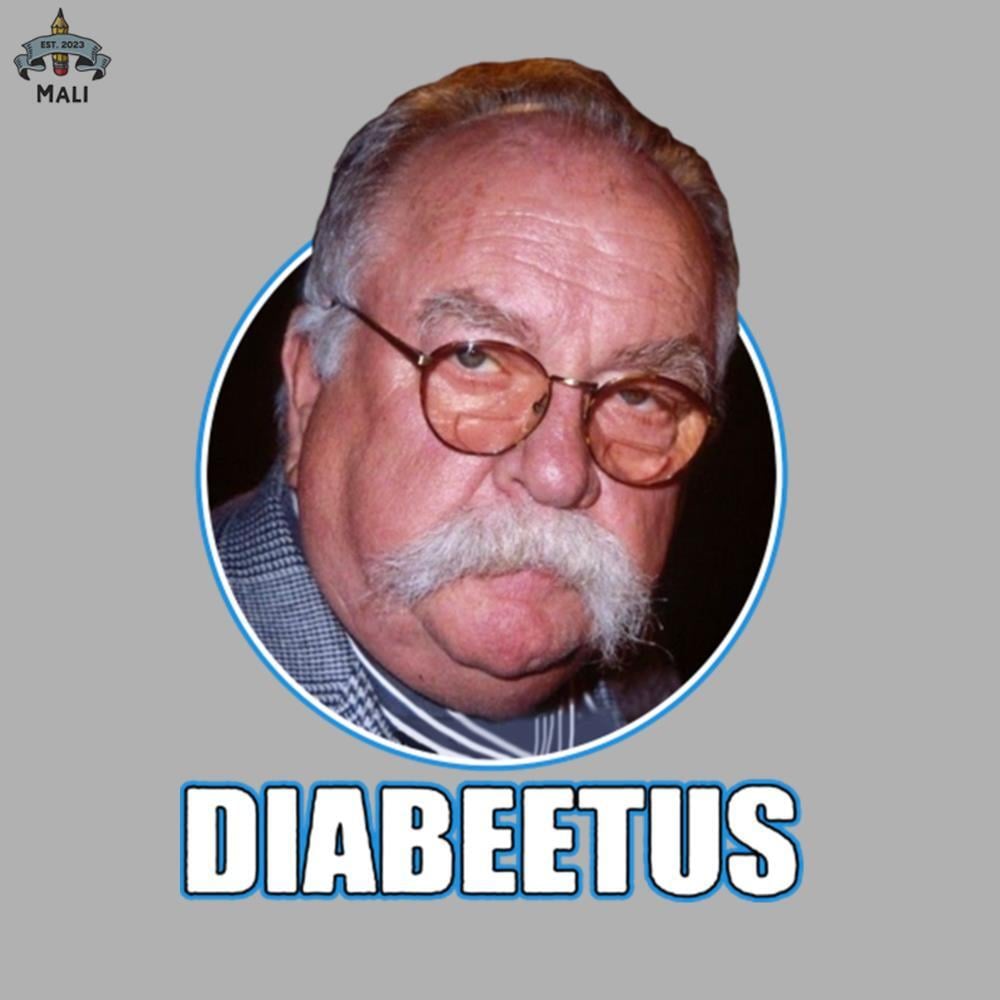1
1’s in the chat 🫡🫡🫡
What are fucking, types 2 and 3, like?
If it’s diabetes, type 2 is where your body doesn’t produce enough insulin. Usually because it’s not absorbing or diminished production capacity.
Type 3 is where sugars don’t pass the blood brain barrier thus starving your brain of nutrients. The symptoms look like alzheimer’s, so it’s usually diagnosed post mortem.
no… Type 1 = not producing, Type 2 = resistance/not absorbing
Type 1 specifically refers to when the body attacks the insulin producing cells. Not necessarily that it’s producing none or not enough, even if that’s the way we’re accustomed to thinking about the distinction.
The difference between 1 and 2 is the reason your body doesn’t produce enough, not how much it produces.
Not necessarily that it’s producing none or not enough
You are confidently incorrect.
Nah that’s pretty accurate.
Type 1 is characterized by an autoimmune response against the beta cells specifically. There are other type 1-ish conditions that can be caused by pancreatitis for example. And then there is of course LADA, double-diabetes etc.
Conversely a type 1s pancreas still produces insulin early on especially in the remission/honey moon phase where they might not even need injections for months (this is where all the people who are not educated on it or falling for health gurus trip up)
Iirc more recent research has also shown that T1Ds produce small amounts of insulin. But not enough to really be clinically relevant.
(Got the sake of brevity, diabetes here refers to diabetes mellitus cause nobody ever talks about insipidus)
Please see my comment to OP.
Not necessarily that it’s producing none or not enough
If your body is producing “enough” then you don’t have diabetes, type 1 or 2. That’s where they are incorrect.
So if your immune system is attacking your pancreas but you are still producing some insulin then you actually have type 2?
Not necessarily that it’s producing none or not enough
If your body is producing “enough” then you don’t have diabetes, type 1 or 2. That’s where you are incorrect.
Type 1/2 terminology came about before any understanding of the pathology. “Diabetes mellitus” specifically refers to glucosuria. Its a symptom of insulin deficiency - absolute (typical type 1) or relative (typical type 2). It’s like calling pneumonia “cough type 1” and lung cancer “cough type 2”.
When you say “not necessarily… not enough [insulin]” You managed to get wrong what diabetes is entirely - it is necessarily “not enough” insulin again whether type 1 or 2.
Regarding your question about autoimmune destruction of the pancreas- if it is happening but there is enough insulin to maintain glycemic control, then again it is not diabetes type 1 or 2. I’m not sure if there’s uniform widely accepted terminology for it but something like “pre-type 1” is reasonable for layman terms . You have to be careful though because there’s cases of folks who had an autoimmune response but it abated and they ended up not developing (type 1) diabetes.
Its better to think of diabetes as beta cell function (and insulin) +/- and autoantibodies +/-. That leads to 4 combinations, typical type 1 is -,+ and typical type 2 is +,- but the other combinations are like 10+ % of cases (mostly being +,+ as in many “typical” type 2s have some autoantibodies but still produce insulin).
If your body is producing “enough” then you don’t have diabetes, type 1 or 2. That’s where you are incorrect.
I did not imply this. The text you quoted was in response to this:
no… Type 1 = not producing, Type 2 = resistance/not absorbing
That is an incorrect statement as this is not what distinguishes the two diagnoses. A type 1 diabetic who is not insulin dependent (yet) will have a very different treatment profile than a type 2 who is producing the same amount of insulin, but obviously both are not producing enough or they would not be diabetic. Hell, if you tell a doctor you’re type 1 they often ask you if you’re insulin dependent.
However, type 2 is (generally) characterized by insulin resistance as you indicated.
That seems to be the pattern of your replies here, factual information with a common layman’s misunderstanding peppered on top. I took the bait, so that’s on me.

I’m like 90% sure the post is about diabetes.

That is exactly how it sounded in my head while I’m typed it.
Very similar although slightly to the right on standard keyboard layouts
Type 2 is adult onset diabetes. Type 3 is the term used by those referring to diabetes, and alzheimer’s disease connection. AGEs (Accelerated Glycation End products) form when serum glucose levels are too high, too much of the time and the sugars “glycate” i.e. bind onto, proteins making them non-functional.

1
1, SOLIDARITY!!!
👼: my child will type 1
😈: my child will ignore fast
Contrary to their name, fasts seem to take a loooong time.
type 1 what? i know type a and b, no1s though. must be a book i havent read yet
certified Reddit moment






